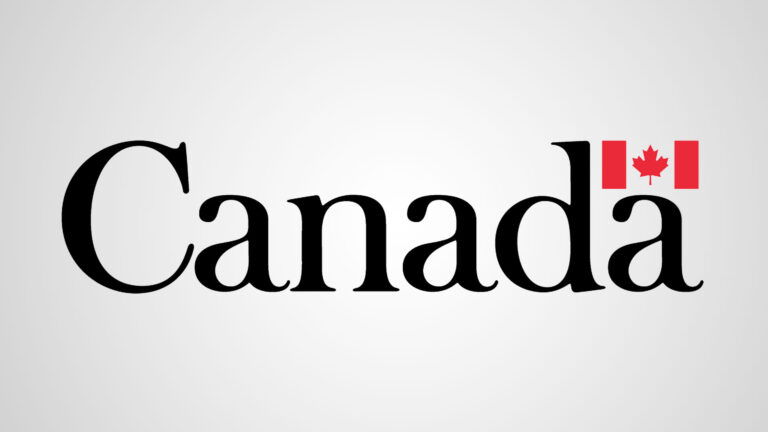October 30 to November 3, 2017, is Canadian Patient Safety Week. Canadian Patient Safety week is a national, annual campaign that started in 2005 to inspire improvement in patient safety and quality.
This year, the focus is on the fiveTake With Questions the Canadian Patient Safety Institute (CPSI) is encouraging patients to ask their healthcare providers about their medications. CPSI partnered with the Institute for Safe Medications Practices in Canada, Patients for Patient Safety Canada, the Canadian Pharmacists Association, and the Canadian Society for Hospital Pharmacists to create the questions.
The five questions are:
- Changes? (Have any medications been added, stopped, or changed, and why?)
- Continue? (What medications do I need to keep taking, and why?)
- Proper use? (How do I take my medications, and for how long?)
- Monitor? (How will I know if my medication is working and what side effects do I watch for?)
- Follow-up? (Do I need any tests and when do I book my next visit?)
These patient-asked questions complement a pharmacist’s/pharmacy technician’s use of ACP’s Chat, Check, and Chart tool kit. Asking patients the three prime “chat” questions related to purpose, direction, and monitoring can contribute to the safety of your patients. Also, simply opening the bag and checking with your patient that the proper medication is being dispensed can help reduce errors, in addition to help you comply with the prescription/patient identification requirements found in the standards of practice.
ACP has also provided pharmacy professionals with several tools to assist in patient safety including learning modules, materials, and guidelines regarding drug error management. These resources are intended to help you put preventative measures into place in your pharmacy before problems arise. The learning modules include information on Failure Mode and Effects Analysis (FMEA) to assist with quality assurance for pharmacy practice.
Should an incident occur at your pharmacy, ACP has also provided the Health Quality Council of Alberta’s Re-LATE/Re-SPOND tool kits. These tool kits outline communication strategies you can use to build positive relationships with patients, establish rapport, respect perspectives, and provide information in an empathetic way.
Originally published in the October 25, 2017, issue of The Link




